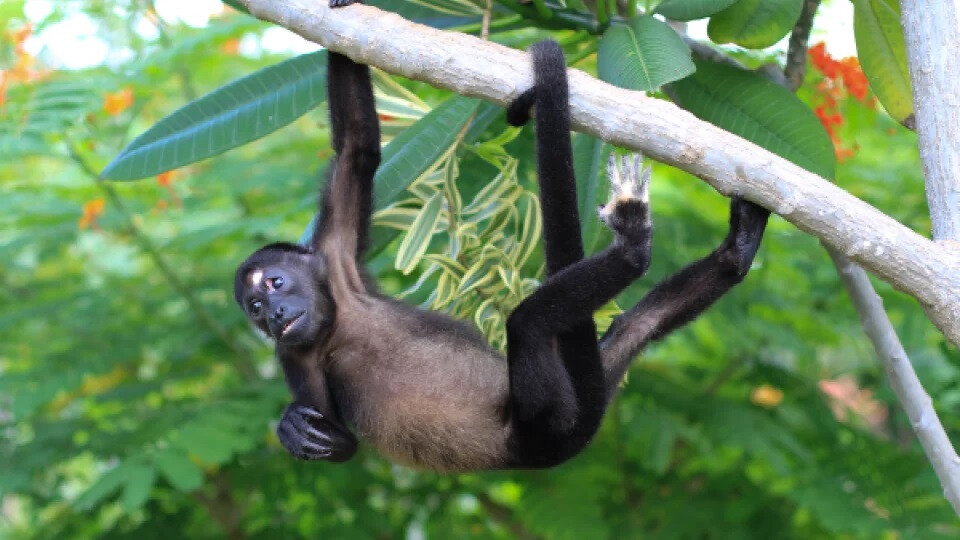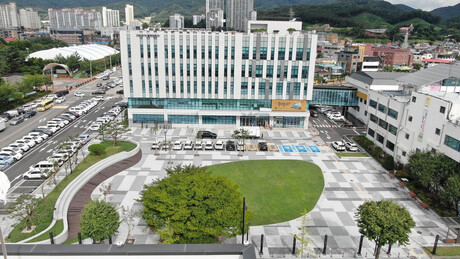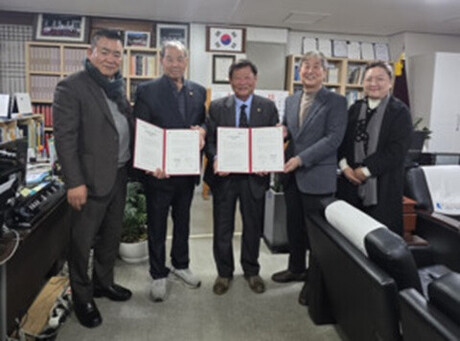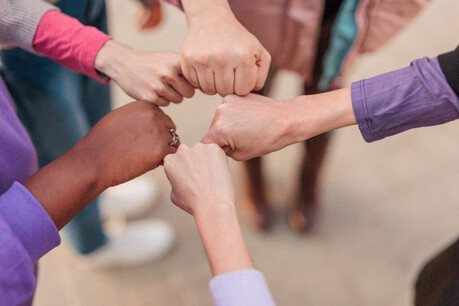
Nosara, Costa Rica - Renowned globally for its breathtaking biodiversity, Costa Rica is facing a growing challenge in balancing rapid development with the preservation of its iconic wildlife. In the popular tourist destination of Nosara, the booming real estate market and insufficient conservation efforts have had a devastating impact on the local howler monkey population, with electrocutions becoming a tragically common occurrence. However, a beacon of hope has emerged in the form of the Nosara Monkey Bridge Project, spearheaded by the passionate conservationist Lisa Kraft-Gould.
For years, howler monkeys in Nosara have navigated their forest habitats, often crossing through areas now fragmented by deforestation and human infrastructure. This has led to a perilous interaction with uncovered electrical transformers and power lines, resulting in the electrocution of over 100 monkeys annually, with a mere three percent surviving such incidents.
Witnessing this devastating trend, Lisa Kraft-Gould was moved to action. "About two years ago, I learned about the horrific electrocutions happening in Nosara," she explained. "We are losing so many of these incredible animals. I knew I had to do something."
Inspired by existing wildlife crossing initiatives, Kraft-Gould launched the Nosara Monkey Bridge Project. The core of the project involves installing aerial rope bridges between trees, providing the monkeys with safe pathways to traverse fragmented landscapes without the need to use dangerous power lines. To kickstart her mission, Lisa initiated grassroots fundraising efforts, creating signs, table toppers, and engaging in social media campaigns to raise awareness and secure the necessary funds.
Her dedication quickly garnered support from the local community and beyond. Collaborating with Sibu Sanctuary, a local wildlife rescue organization, and Jorge Espinoza, along with a network of enthusiastic volunteers, the project gained momentum. To date, the Nosara Monkey Bridge Project has successfully installed an impressive 125 aerial bridges throughout the Nosara area. These bridges have undoubtedly prevented countless electrocutions and offered a safer future for the local howler monkey population.
Despite this significant progress, new challenges are emerging. The relentless pace of development and ongoing deforestation are making it increasingly difficult to find trees of sufficient height and proximity to install the bridges effectively. Kraft-Gould emphasizes the urgent need for greater environmental awareness among developers, architects, realtors, and investors. "Responsible development is crucial," she states. "Clear-cutting lots and destroying vital wildlife corridors leaves monkeys with no alternative but to use power lines, often with fatal consequences."
The lack of enforcement of Costa Rica's existing wildlife protection laws exacerbates the problem. Electric companies continue to install uninsulated transformers without essential protective hardware, directly endangering the monkeys. "It's extremely sad to see what is going on here in Nosara," Kraft-Gould laments. "Until the government of Costa Rica enforces its wildlife protection laws, the monkey population will be decreasing rapidly." Stronger regulations and accountability measures are urgently needed to ensure that utility companies prioritize wildlife safety and implement wildlife-friendly infrastructure.
The plight of the howler monkeys has also spurred further community action. Another group, "Howler Protectors," has emerged, focusing on raising funds specifically to cover exposed transformers with protective equipment, offering another layer of defense against electrocutions.
The dedication of individuals like Lisa Kraft-Gould and the collective efforts of the Nosara community demonstrate a powerful commitment to protecting Costa Rica's precious biodiversity. While significant challenges remain, the success of the Nosara Monkey Bridge Project offers a tangible solution and a hopeful outlook for the future of these iconic primates.
How You Can Help:
Individuals interested in supporting the vital work of protecting Nosara's howler monkeys can contribute to either the bridge program or the transformer protection efforts by visiting Sibu Sanctuary or Howler Protectors. Every contribution makes a difference in ensuring the safety and survival of these incredible animals.
[Copyright (c) Global Economic Times. All Rights Reserved.]





























